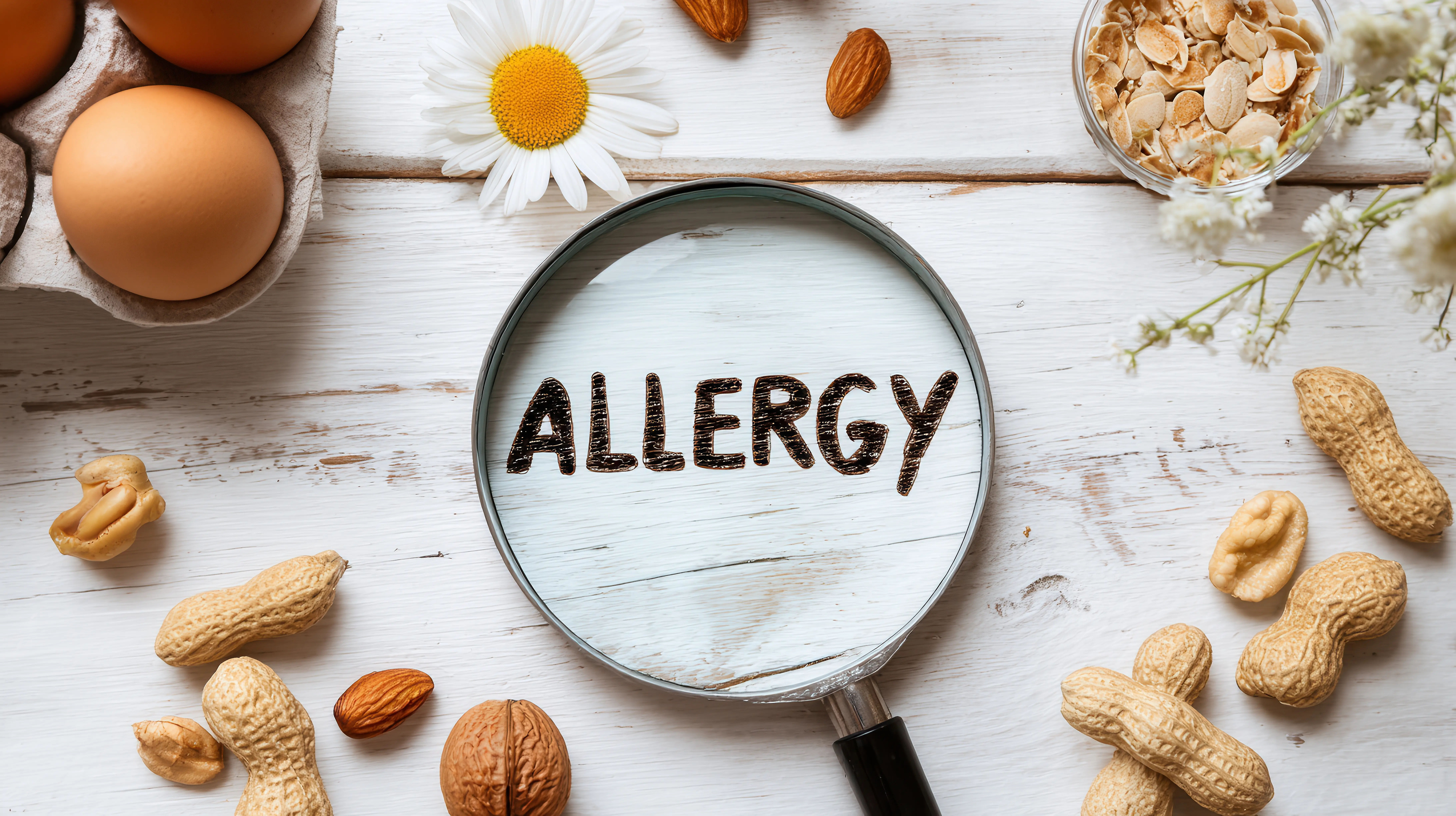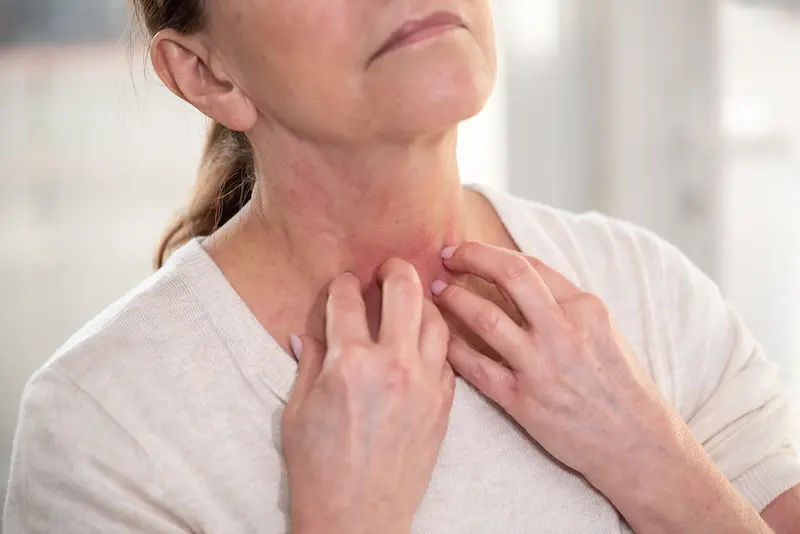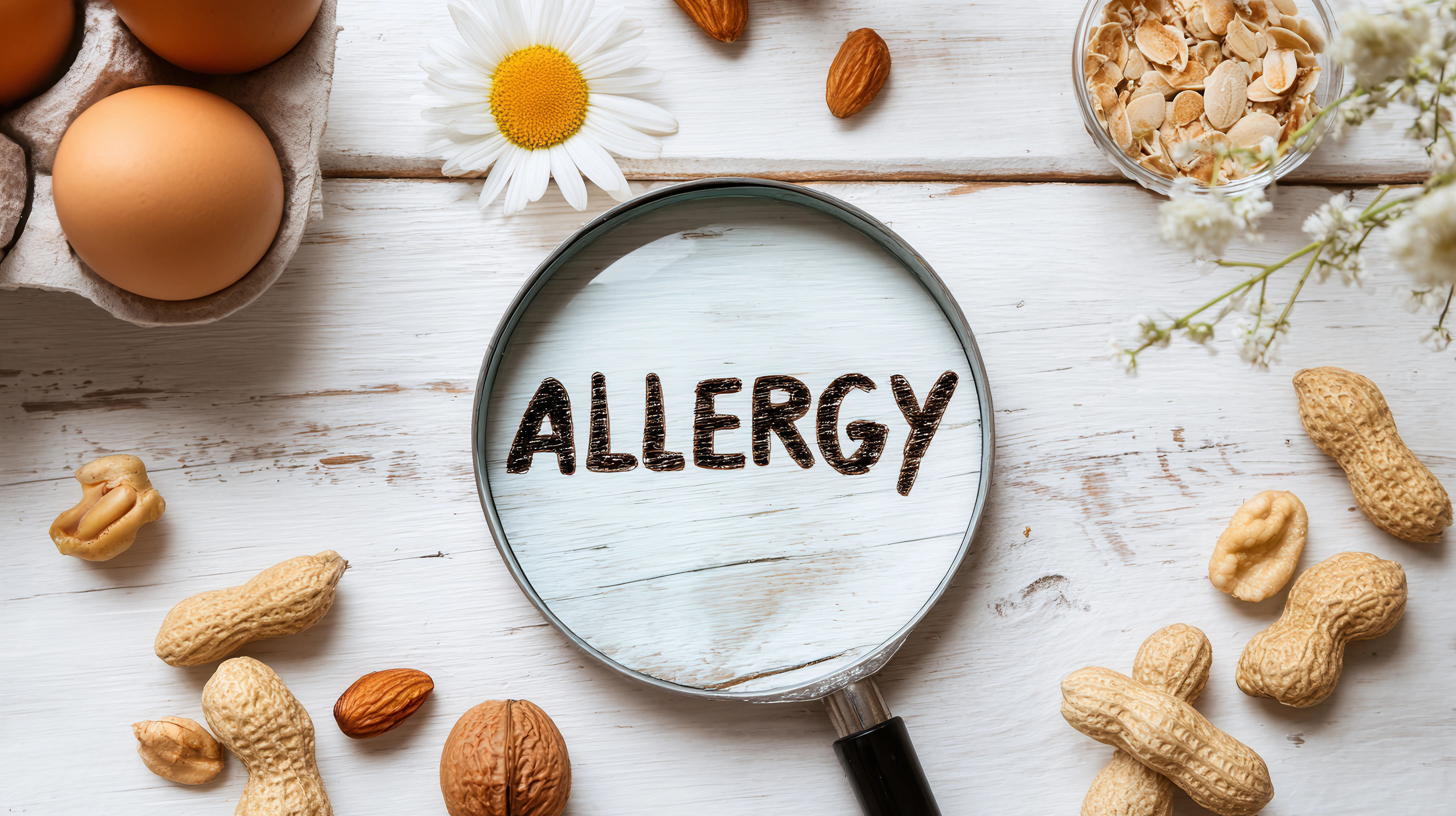- Female
- 21 Years
- 22/01/2025
How can I taper off this combination tablet of Fexofenadine 120 mg and Montelukast 10 mg? Is it possible for me to cut the tablet into four pieces and take one piece each month, or do I need to buy lower doses of Fexofenadine and Montelukast and gradually decrease the mg each month? Anytime I try stopping for a couple of days without tapering, I end up with itching all over my body, which I've never experienced before. I was prescribed this for cold symptoms I get every morning, though I'm fine by the afternoon. They've run several tests, including X-rays, and I'm just trying to figure out the best way to stop taking these meds.
Answered by 1 Apollo Doctors
You can taper by taking the medication every alternate day or by taking fexofenadine 60 mg and montelukast 4 or 5 mg which are available separately
Answered 04/07/2025
0
0

Ask Apollo
AI powered Health Chatbot
-
Understanding the Medications and Their Use
- Fexofenadine: An antihistamine used to relieve allergy symptoms.
- Montelukast: A leukotriene receptor antagonist for managing allergies and asthma.
-
Tapering Off the Combination Tablet
- Gradual reduction is advisable to minimize withdrawal symptoms.
- Consult a healthcare provider for a tailored tapering plan.
- Consider lower-dose formulations if available.
-
Reasons for Itching When Stopping Medication
- Itching may result from withdrawal or rebound effects.
- Consult a healthcare provider to rule out other causes.
-
Recommendations and Next Steps
- Consultation: Seek advice from a healthcare professional before altering medication.
- Monitoring: Keep track of symptoms during the tapering process.
- Alternative Strategies: Explore other methods to manage symptoms without abrupt discontinuation.
Recommended next steps
Consult a Allergist And Clinical Immunologist or Consult a General Practitioner
Answered 20/08/2025
0
0

More Allergist and Clinical Immunologist Health Queries
View allI'm really struggling with this long-term issue. When I take medicine, I'm okay, but if I don't, it's like the worst ever. I have this constant runny nose, continuous sneezing, and headaches, and it's just becoming too much to handle every day without medication. I've tried Allegra, Montek LC, and Cetirizine. They work for a day but then it's back to the same problems. What should I do?
need to avoid allergy
Answered by 1 Apollo Doctors
I'm dealing with this allergy that's causing rashes all over my body. I've been taking cetirizine, but I'm not sure if its enough. Is there anything else I should be doing? Could this be a sign of something more serious, or just a typical allergic reaction? Id really appreciate your guidance on this.
continue same medications, lipid panel is advised and physician opinion..
Answered by 1 Apollo Doctors
I'm really worried and I need some advice. My CBS test is done, but I'm concerned because my eosinophil count is at 10 and my ESR is 44. Is this something related to asthma or could it be another issue? I'm feeling kind of anxious about what these numbers might mean. Can you help clarify this for me?
Patient is advised absolute eosinophil count ,x-ray chest pa view.
Answered by 1 Apollo Doctors
Disclaimer: Answers on Apollo 247 are not intended to replace your doctor advice. Always seek help of a professional doctor in case of an medical emergency or ailment.


.webp)


